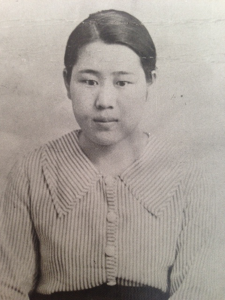 When I first started interviewing my paternal grandmother for my book, I couldn’t believe the stories she told me about her life as a young widow and single mother during WWII and the Korean War. I knew she lived through physical hardships, but I had no idea the extent of her emotional journey while navigating family dynamics, love and loss during those extraordinarily difficult times. I captured some of these moments in my soon-to-be-released book Echoes Across Time.
When I first started interviewing my paternal grandmother for my book, I couldn’t believe the stories she told me about her life as a young widow and single mother during WWII and the Korean War. I knew she lived through physical hardships, but I had no idea the extent of her emotional journey while navigating family dynamics, love and loss during those extraordinarily difficult times. I captured some of these moments in my soon-to-be-released book Echoes Across Time.
This is what my grandmother told me shortly before she passed away about her decision to escape from Japan with her son in 1943:
“When your grandfather died at such a young age, I took
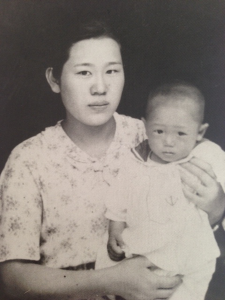 “When I finally arrived in Seoul with my son in tow, my sister was shocked that I had brought him along. She thought for sure I would have left him with his grandparents and come alone. She had already lined up someone who wanted to marry me, but he wouldn’t take me with a son already. Although my life would have been easier if I had left my son with his grandparents, I couldn’t do that. I had no choice but to take my son with me, and I haven’t regretted it.”
“When I finally arrived in Seoul with my son in tow, my sister was shocked that I had brought him along. She thought for sure I would have left him with his grandparents and come alone. She had already lined up someone who wanted to marry me, but he wouldn’t take me with a son already. Although my life would have been easier if I had left my son with his grandparents, I couldn’t do that. I had no choice but to take my son with me, and I haven’t regretted it.”
“We made it to Korea safely, but when I found a good nursing job and told them I had a son, they said I couldn’t have children in the dormitory and wouldn’t let me have the job. Then we went to Manchuria so I could find work, and thank God, we left just in time or we’d be dead – mistaken for Japanese and killed by the Chinese at the end of WWII after Japan’s surrender, in retaliation for years of oppression.”
My grandmother’s story is remarkable for her time. She fell in love with a man she knew was dying of tuberculosis. She dedicated herself to becoming a nurse in a foreign country so she could find a job, even after just having had a baby. But shortly after she successfully obtained her nursing license, my grandmother had to escape because the Japanese army conscripted her to serve as a nurse on a remote island in the Pacific, leaving the fate of her small child uncertain.
And all this happened when my grandmother was only about 25 years old!
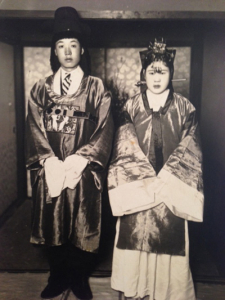 Although my grandmother lived in extraordinary times, she was also an ordinary woman in many ways. She took whatever steps necessary to protect her son from danger and starvation, and provide him with an education. She also fell in love. She married a sick man, whose death changed her life and that of her infant son forever. She also loved another man later in her life who again changed her life, but would provide her much heartache. She sought happiness through love, but was disappointed in the end.
Although my grandmother lived in extraordinary times, she was also an ordinary woman in many ways. She took whatever steps necessary to protect her son from danger and starvation, and provide him with an education. She also fell in love. She married a sick man, whose death changed her life and that of her infant son forever. She also loved another man later in her life who again changed her life, but would provide her much heartache. She sought happiness through love, but was disappointed in the end.
How much of your life experience is based on the circumstances of the world around you? How much of your story is determined by you, and how much of it is based on family influence, or destiny? I hope you will ponder these questions as you continue to travel with me on the next phase of my grandmother’s journey in my book.
Is there an extraordinary journey in your family’s history? Leave a comment about it below so we can compare notes.



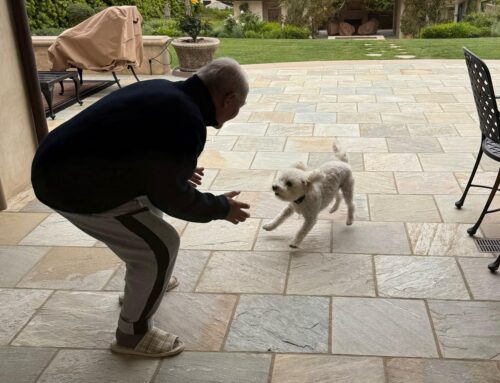
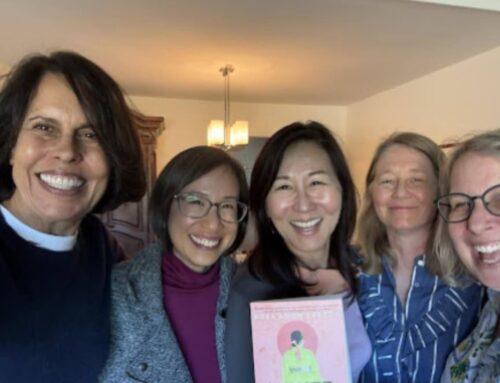
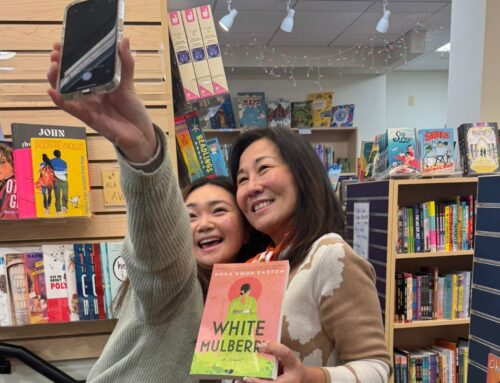
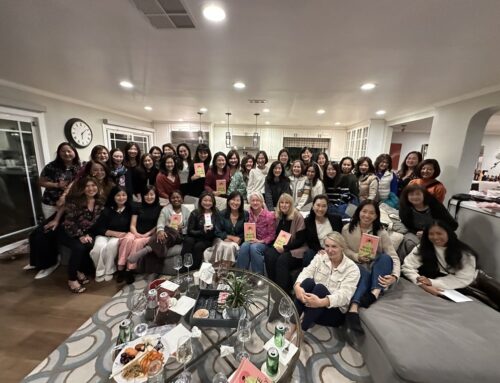
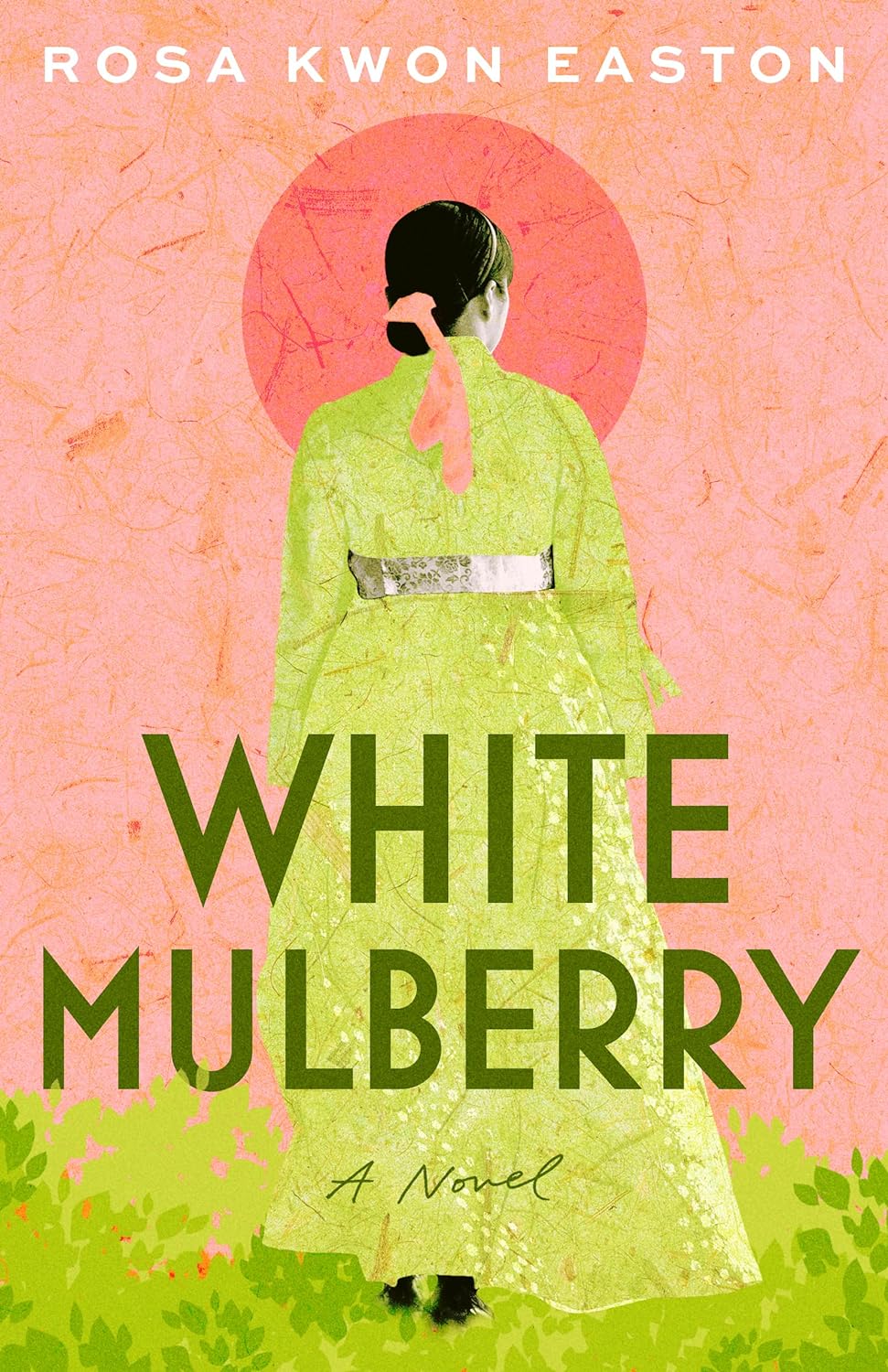

Your grandmother was incredibly courageous! I’m thinking that her story is a real love story! I can’t wait to hear your father’s perspective.
Thank you!
Raising a child is not a easy breezy job especially at the time there is no vocabulary of “single mother” existed. She was a remarkable women in all counts even modern standards. When the girls were not encourage to go to school somehow she came up with idea of getting higher education in Japan, not even her mother country. She represent typical Korean immigrant children who had to quickly learn the language then enrolled into School to pull the good grades She said that nursing school was attached to Kyoto University. She was excellent student,therefore finished a year earlier than the program intended and pass the state board exam. If Gloria Steinem was my generation ERA leader, your grandmother lived that life.She was far head of the time, hence her eccentricness in the eyes of all of her families.The Hospital with dormitory that was -not permit her son-to stay is “Seoul National University Hospital”.
Grandma was certainly pro-women’s rights even before the concept was recognized in Asia. She was resourceful and smart. It’s no wonder you are her daughter, Aunt Soon!
Knowing your family as I do, I only wish I had had the privilege to meet/know your grandmother. I think it would have been wonderful t to know the Mother who risked all of what she did for her son.
Larry, your support means a lot. Thank you!
Your grandmother is a woman far ahead of her time. Her inner strength and resolve to follow her heart time and time again is inspiring. I can’t wait to hear more of your story to see how her legacy reveals itself through the generations to you.
Thank you for capturing the essence of my grandmother: that she followed her heart. This was her strength, while at the same time, may have been her weakness in finding lasting love. Stay tuned….
Your two grandmothers represent two different, but incredible stories of courage, determination and a deep thirst for education and moving forward. To see those two smiling, petite and quiet women in their elder years, it was difficult to fathom the ordeals they had overcome.
Thank you for mentioning my other grandmother, on my mother’s side. Although my maternal grandmother is not the focus of this current book, she is definitely a strong character in the book and was very influential in my life. Her incredible story is worth a whole book in and of itself!